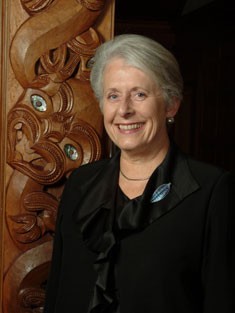A Quote by Silvia Cartwright
We can survive as a population only if we conserve, develop sustainably, and protect the world's resources.
Related Quotes
Good farmers, who take seriously their duties as stewards of Creation and of their land's inheritors, contribute to the welfare of society in more ways than society usually acknowledges, or even knows. These farmers produce valuable goods, of course; but they also conserve soil, they conserve water, they conserve wildlife, they conserve open space, they conserve scenery.
The earth will continue to regenerate its life sources only as long as we and all the peoples of the world do our part to conserve its natural resources. It is a responsibility which every human being shares. Through voluntary action, each of us can join in building a productive land in harmony with nature.
The money economy thus leaves a large ecological footprint, defined as the amount of land and resources required to meet a typical consumer's needs. For example, with only about 4% of the world's population, the United States, the largest money economy, consumes in excess of one-quarter of the world's energy and materials and generates in excess of 25 percent of the world's greenhouse gas emissions.
We are blessed to grow up in a country that is the world's leader. We are blessed to be some of the most well-educated Black persons anywhere to be found in the world. This education and talent can be used in a friendly relationship with Africa, the Middle East, the Caribbean and Asia to develop the wealth and resources of these nations. The friendship of us with our kith and kin around the world would cause both sides to benefit exponentially, based upon how well we develop these relationships.
Warsaw's historic heart was deliberately almost entirely destroyed towards the end of the Second World War by the German occupying troops. After the war, it was painstakingly rebuilt and that reconstruction is perceived as expressing the nation's determination to survive, to conserve its history and its culture.












































